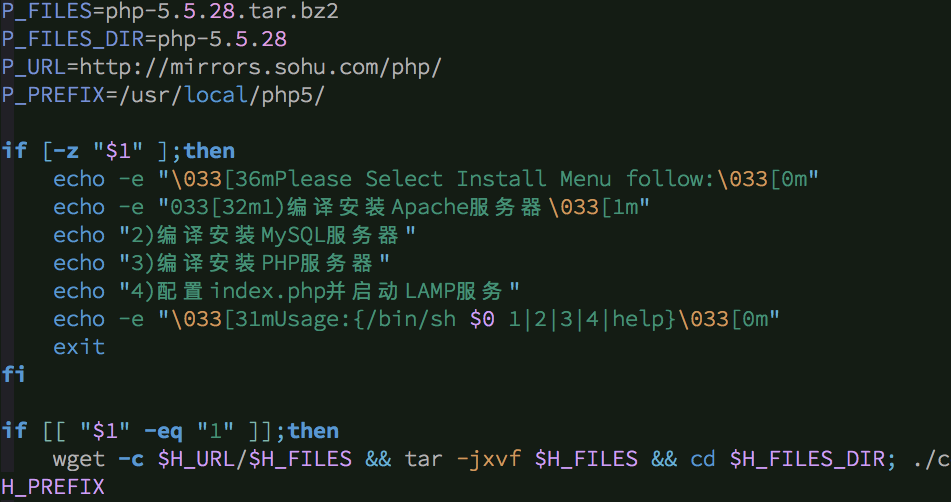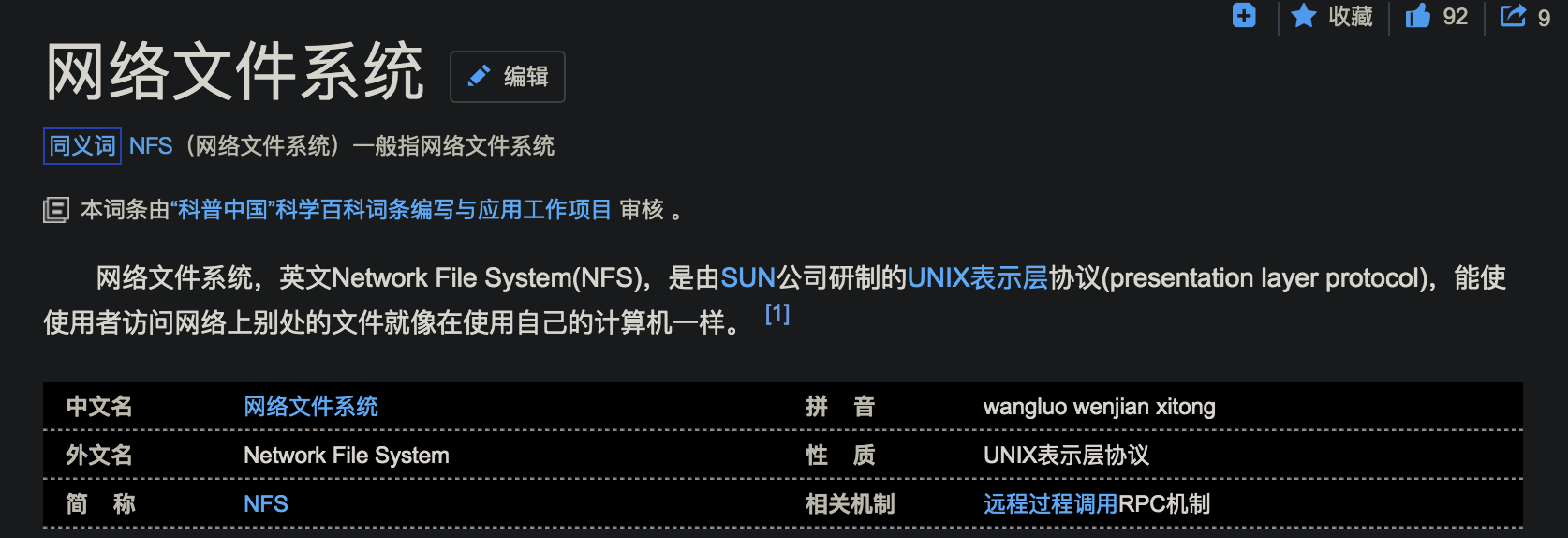C 库函数
数学函数
使用函数时,应该在源文件中使用以 下命令行:
1
2
3
| # include <math.h>
or
# include "math.h"
|
函数名 |
函数原型 |
功能 |
返回值 |
说明 |
| @@@@ |
@@@@@@@@@@@@@@@@@@@@ |
@@@@@@@@@@@@@@@ |
@@@ |
@@@@@@ |
| sin |
double sin(double x) |
计算 $sin(x)$ 的值 |
计算结果 |
x 的单位为弧度 |
| asin |
double asin(double x) |
计算 $sin^{-1}(x)$ 的值 |
计算结果 |
x 应在 -1 到 1 范围内 |
| sinh |
double sinh(double x) |
计算 x 的双曲正弦函数 $sinh(x)$ 的值 |
计算结果 |
- |
| cos |
double cos(double x) |
计算 $cos(x)$ 的值 |
计算结果 |
x 的单位为弧度 |
| acos |
double acos(double x) |
计算 $cos^{-1}(x)$ 的值 |
计算结果 |
x 应在 -1 到 1 范围内 |
| cosh |
double cosh(double x) |
计算 x 的双曲余弦函数 $cosh(x)$ 的值 |
计算结果 |
- |
| tan |
double tan(double x) |
计算 $tan(x)$ 的值 |
计算结果 |
x 的单位为弧度 |
| atan |
double atan(double x) |
计算 $tan^{-1}(x)$ 的值 |
计算结果 |
- |
| atan2 |
double atan2(double x, double y) |
计算 $tan^{-1}(\frac xy)$ 的值 |
计算结果 |
- |
| tanh |
double tanh(double x) |
计算 x 的双曲正切函数 $tanh(x)$ 的值 |
计算结果 |
- |
| abs |
int abs(int x) |
求整数 x 的绝对值 |
计算结果 |
- |
| fabs |
int fabs(double x) |
求 x 的绝对值 |
计算结果 |
- |
| exp |
double exp(double x) |
求 $e^x$ 的值 |
计算结果 |
- |
| pow |
double pow(double x, double y) |
求 $x^y$ 的值 |
计算结果 |
- |
| frexp |
double frexp(double val, int * eptr) |
把双精度数val分解为数字部分(尾数) x 和以 2 为底的指数 n ,即 $val = x * 2^n$ , n 存放在 eptr 指向的变量中 |
返回数字部分x范围: $0.5 <= x <= 1$ |
- |
| modf |
double modf(double val, int * iptr) |
把双精度数 val 分解为整数部分和小数部分 ,把整数部分存放在 iptr 指向的变量中 |
val 的小数部分 |
- |
| floor |
double floor(double x) |
求出不大于 x 的最大整数 |
该整数的双精度实数 |
- |
| fmod |
double fmod(double x, double y) |
求整除 $\frac xy$ 的余数 |
返回余数的双精度数 |
- |
| log |
double log(double x) |
求 $log_e x$ , 即 $ln x$ |
计算结果 |
- |
| log10 |
double log10(double x) |
求 $log_{10} x$ , 即 $lg x$ |
计算结果 |
- |
| rand |
int rand(void) |
产生 -90 到 -32767 间的随机整数 |
随机整数 |
- |
| sqrt |
double sqrt(double x) |
计算 $\sqrt[2]x$ |
计算结果 |
x应大于等于0 |
字符函数和字符串函数
使用字符串函数时,应该在源文件中使用以下命令行:
1
2
3
| # include <string.h>
or
# include "string.h"
|
使用字符函数时,应该在源文件中使用以下命令行:
1
2
3
| # include <ctype.h>
or
# include "ctype.h"
|
| 函数名 |
函数原型 |
功能 |
返回值 |
包含文件 |
| @@@@ |
@@@@@@@@@@@@@@@@@@@@@ |
@@@@@@@@@@@@@@@ |
@@@@@@@@@ |
@@@@@ |
| isalnum |
int isalnum(int ch) |
检查ch是否是字母(alpha)或者数字(numeric) |
是字母或者数字返回 1;否则返回 0 |
ctype.h |
| isalpha |
int isalpha(int ch) |
检查ch是否是字母(alpha) |
是字母返回1;否则返回0 |
ctype.h |
| isdigit |
int isdigit(int ch) |
检查ch是否控制字符(其ASCLL码在 0 到 0x1F 之间) |
是,返回 1;不是返回 0 |
ctype.h |
| isgraph |
int isgraph(int ch) |
检查ch是否可打印字符(其ASCLL码在 0x21 到 0x7E 之间)不包含空格 |
是,返回 1;不是返回 0 |
ctype.h |
| islower |
int islower(int ch) |
检查ch是否小写字母(a~z) |
是,返回1;不是返回0 |
ctype.h |
| isprint |
int isprint(int ch) |
检查ch是否可打印字符(其ASCLL码在 0x21 到 0x7E 之间)包含空格 |
是,返回 1;不是返回 0 |
ctype.h |
| ispunct |
int ispunct(int ch) |
检查ch是否标点字符(不包括空格),即除字母、数字和空格以外的所有可打印字符 |
是,返回 1;不是返回 0 |
ctype.h |
| isspace |
int isspace(int ch) |
检查ch是否空格、跳格键(制表符)或者换行符 |
是,返回1;不是返回0 |
ctype.h |
| isupper |
int isupper(int ch) |
检查ch是否大写字母(A~Z) |
是,返回1;不是返回0 |
ctype.h |
| isxdigit |
int isxdigit(int ch) |
检查ch是否是一个十六进制数字字符(即 09,或者 AF ,或 a~f ) |
是,返回 1;不是返回 0 |
ctype.h |
| strcat |
char * strcat(char * str1, char * str2) |
把字符串str2 接到字符串str1 后面,str1 最后面的 ‘\0’ 被取消 |
str1 |
string.h |
| strchr |
char * strchr(char * str, int ch) |
找出字符串str指向的字符串中第一次出现字符ch的位置 |
返回指向该位置的指针,如找不到,则返回空指针 |
string.h |
| strcmp |
int strcmp(char * str1, char * str2) |
比较 str1 和 str2 两个字符串 |
str1 < str2, 返回负数;str1 = str2, 返回0;str1 > str2, 返回整数 |
string.h |
| strcpy |
char * strcpy(char * str1, char * str2) |
把str2指向的字符串复制到str1去 |
返回str1 |
string.h |
| strlen |
unsigned int strlen(char * str) |
统计字符串str中字符的个数(不包括终止符 ‘\0’) |
返回字符个数 |
string.h |
| strstr |
char * strstr(char * str1, char * str2) |
找出字符串str2在字符串str1中第一次出现的位置(不包括 str2 的串结束符) |
返回该位置的指针,如找不到,则返回空指针 |
string.h |
| tolower |
int tolower(int ch) |
将 ch 字符转换成小写字母 |
返回 ch 所代表的的字符的小写字母 |
ctype.h |
| toupper |
int toupper(int ch) |
将 ch 字符转换成大写字母 |
返回 ch 所代表的的字符的大写字母 |
ctype.h |
输入输出函数
使用输入输出函数时,应该在源文件中使用以下命令行:
1
2
3
| # include <stdio.h>
or
# include "stdio.h"
|
| 函数名 |
函数原型 |
功能 |
返回值 |
说明 |
| @@@@ |
@@@@@@@@@@@@@@@@@@@@@@ |
@@@@@@@@@@@@@@ |
@@@@@@@@@ |
@@@@@ |
| clearerr |
void clearerr(FILE *fp) |
使fp所致文件的错误,标志和文件结束标志置 0 |
无 |
- |
| close |
int close(int fp) |
关闭文件 |
关闭成功返回 0;不成功返回 -1 |
非 ANSI 标准 |
| creat |
int creat(char * filename, int mode) |
以 mode 所指定的方式建立文件 |
成功则返回整数;否则返回 0 |
非 ANSI 标准 |
| eof |
int eof(int fd) |
检查文件是否结束 |
遇文件结束,则返回 1;否则返回 0 |
非 ANSI 标准 |
| fclose |
int fclose(FILE * fp) |
关闭 fp 所指的文件,释放文件缓冲区 |
成功返回 0;不成功返回非 0 |
- |
| feof |
int feof(FILE * fp) |
检查文件是否结束 |
遇文件结束符返回非 0;否则返回 0 |
- |
| fgetc |
int fgetc(FILE * fp) |
从 fp 所指定的文件中取得下一个字符 |
返回所得到的字符,若读入出错,返回 EOF |
- |
| fgets |
char *fgets(char * buf, int n, FILE * fp) |
从fp指向的文件读取一个长度为(n-1)的字符串,存入起始地址为 buf 的空间 |
返回地址 buf,若遇到文件结束或出错,返回 NULL |
- |
| fopen |
FILE *fopen(char * filename, char * mode) |
以 mode 指定的文件方式打开名为 filename 的文件 |
成功返回一个文件指针(文件信息区的起始地址);否则返回 0 |
- |
| fprintf |
int fprintf(FILE * fp, char * format, args, …) |
把 args 的值以 format 指定的格式输出到 fp 指定的文件中 |
实际输出的字符数 |
- |
| fputc |
int fputc(char ch, FILE * fp) |
将字符 ch 输出到 fp 指向的文件中 |
成功则返回该字符;否则返回非0 |
- |
| fputs |
char fputs(* str, FILE * fp) |
将 str 指向的字符串输出到 fp 所指定的文件 |
成功返回0;若出错返回非 0 |
- |
| fread |
int fread(char * pt, unsigned size,unsigned n, FILE * fp) |
从 fp 所指定的文件中读取长度为 size 的 n 个数据项,存放到 pt 所指定的内存区 |
返回所读的数据项个数,如遇文件结束或出错返回 0 |
- |
| fscanf |
int fscanf(FILE * fp, char format, args,…) |
从 fp 指定的文件中按 format 给定的格式将输入数据送到 args 所指向的内存单元(args 是指针) |
已输入的数据个数 |
- |
| fseek |
int fseek(FILE * fp, long offset, int base) |
将 fp 所指向的文件的位置指针移到 base 所给出的位置为基准、以 offset 为位移量的位置 |
返回当前位置;否则返回 -1 |
- |
| ftell |
long ftell (FILE * fp) |
返回fp所指向的文件中的读写位置 |
返回fp所指向的文件中的读写位置 |
- |




